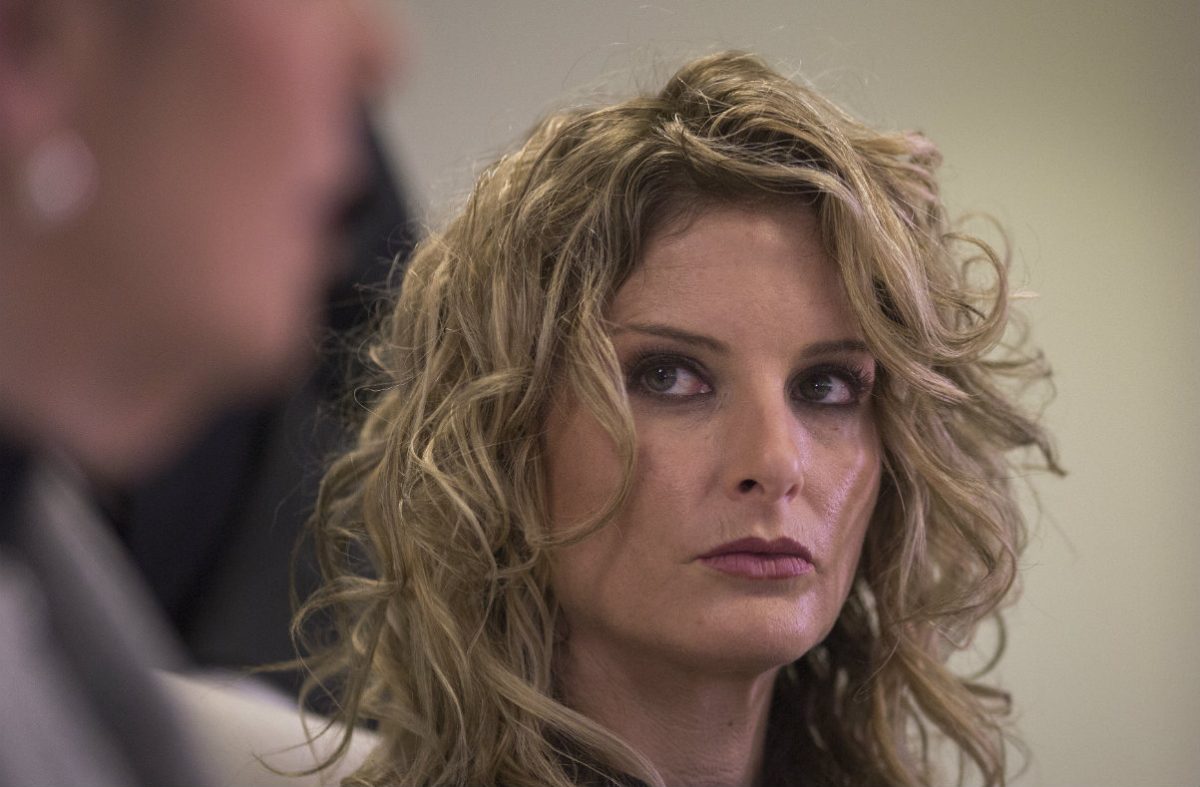
President Donald Trump filed his response to the defamation complaint brought against him by former Apprentice contestant Summer Zervos, and the key word is “denies.” Indeed, 84 out of 90 paragraphs in the court filing that address the specifics of the allegations against him begin with that word. Of the other six, two are in response to public statements Trump has made and simply refer back to them for their contents, three are regarding “conclusions of law to which no response is required,” and one — paragraph 84 — simply serves to reaffirm the previous 83 statements.
In fact, the only statement in Zervos’ complaint that Trump outright admits is the one that says, “In July 2016, Mr. Trump was selected as the presidential nominee for the Republican Party.”
What stands out among the denials, however, are a series of allegations where Trump simply denies having knowledge or information about a series of tweets he is alleged to have posted in October 2016. The tweets are quoted as denying allegations made by women against him, including one from Oct. 15, 2016, that described them as “false allegations and outright lies, in an effort to elect Hillary Clinton President.”
Trump addressed these tweets in his court filing by saying, “Denies knowledge and information sufficient to form a belief regarding the allegations … except refers to the statements referred to therein for the contents thereof.”
Law&Crime reached out to Trump’s attorney Marc Kasowitz for comment regarding the precise meaning of this denial, but he has yet to respond.
Trump made a similar claim regarding a statement Zervos claims was posted on his campaign website saying, ‘”To be clear, I never met her at a hotel or greeted her inappropriately a decade ago. That is not who I am as a person, and it is not how I’ve conducted my life.”
Trump also put forth a series of affirmative defenses to the lawsuit, including saying that there is no valid claim against him because the alleged statements are true, and also because any damage suffered by Zervos was “caused by acts of third persons, for which defendant is not responsible.” Trump also maintains that any statements he did make are protected by immunity afforded to him as president.
In addition to this court filing, Trump is also continuing his fight to appeal the decision to let the case move forward. His defense maintains that as president, the Supremacy Clause of the Constitution prevents Trump from being sued in state court while in office.
Trump Answer to Zervos Complaint on Scribd
[Image via David McNew/Getty Images]
Have a tip we should know? [email protected]